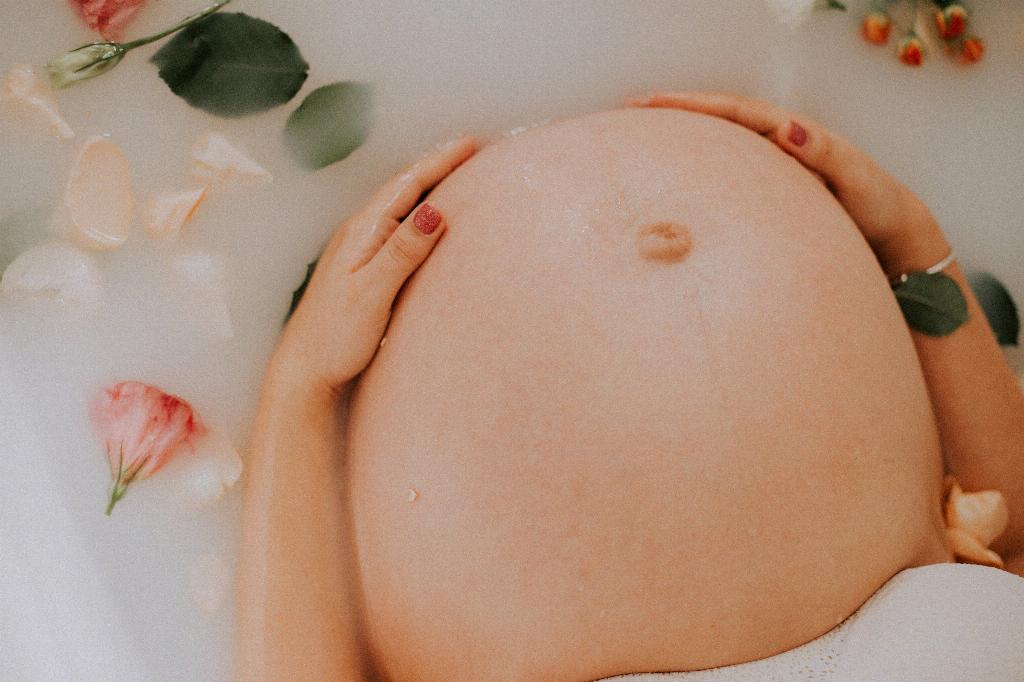When it comes to the topic of consuming coffee during the two week wait period, it is important to consider various factors that may impact your decision. One key consideration is the amount of caffeine and its effects on fertility and early pregnancy. Most sources suggest that consuming 300 mg or less of caffeine daily is considered safe during the pre-conception period.
During the two week wait period, it is crucial to be mindful of your caffeine intake, as excessive consumption of caffeine has been linked to potential negative impacts on fertility and early pregnancy. While moderate coffee consumption is generally considered safe, it is essential to be cautious and mindful of your overall health and well-being during this time.
Research has shown that high levels of caffeine intake may increase the risk of infertility and also have adverse effects on early pregnancy outcomes. Therefore, it is recommended to limit your caffeine intake, including coffee, during the two week wait to reduce any potential risks and optimize your chances of conceiving successfully.
Many healthcare providers suggest that it is safe to consume up to 200-300 mg of caffeine per day during pregnancy. However, it is essential to note that every individual is different, and what may be safe for one person may not be suitable for another. It is advisable to consult with your healthcare provider to determine the appropriate caffeine intake that is safe for you during the two week wait period.
Additionally, it is essential to consider that caffeine is not only found in coffee but also in other beverages, foods, and medications. Therefore, it is crucial to be aware of your overall caffeine consumption from all sources to ensure that you are staying within the recommended daily limits during this critical time in your fertility journey.
Some studies have suggested that high caffeine intake, particularly from coffee, may be associated with an increased risk of miscarriage. While more research is needed to establish a definitive link, it is prudent to exercise caution and moderation when it comes to consuming coffee or other caffeinated beverages during the two week wait period and throughout early pregnancy.
If you are a coffee lover and find it challenging to reduce your caffeine intake during the two week wait, there are several alternatives available that are lower in caffeine or caffeine-free. You may consider switching to decaffeinated coffee or exploring other herbal teas and beverages that do not contain caffeine to help reduce your overall intake and support your fertility journey.
Furthermore, staying hydrated with water and consuming a well-balanced diet rich in nutrients is crucial during the two week wait period. Opting for nutritious foods and beverages that support your overall health and well-being can positively impact your fertility and increase your chances of successful conception.
Ultimately, the decision of whether to consume coffee during the two week wait period is a personal one that should be based on your individual circumstances, preferences, and health considerations. It is essential to listen to your body, consult with your healthcare provider, and make informed choices that align with your overall fertility goals and well-being.
In conclusion, while moderate coffee consumption is generally considered safe during the two week wait period, it is essential to be mindful of your caffeine intake and consider potential risks associated with excessive consumption. By staying informed, making informed choices, and prioritizing your health and well-being, you can navigate this critical time in your fertility journey with confidence and optimism.

